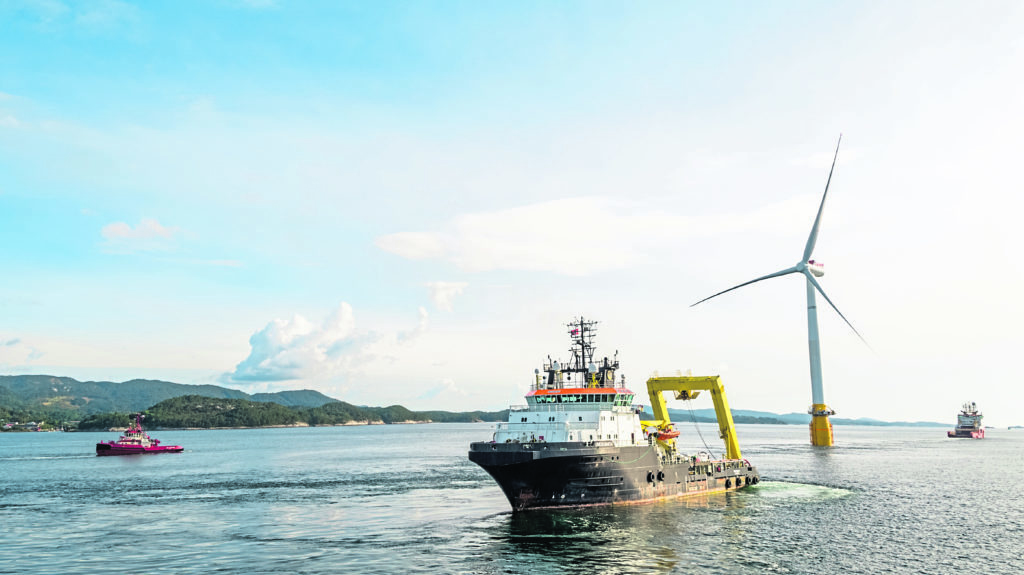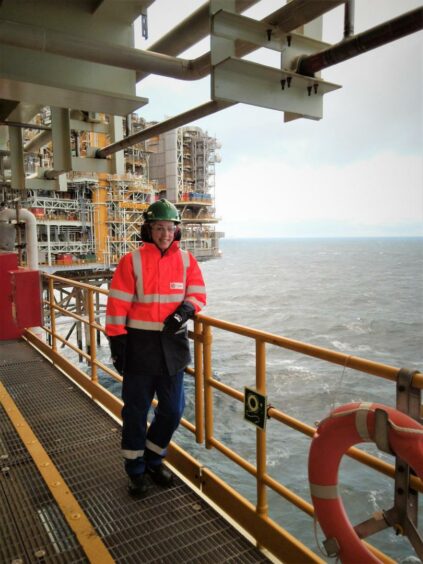
Offshore Energies UK (OEUK) has partnered with Robert Gordon University for a roadmap that has the potential to unlock £90 billion for the UK supply chain.
The plans set out in the document look to ensure UK firms build and deliver the changes required to bring about a net zero energy system.
The pair have found that the wider offshore energy sector could invest up to £200bn in UK energy production and technology projects throughout the rest of this decade to help deliver government energy targets.
The roadmap, titled Harnessing the Potential, outlines how the UK looks to support jobs, economic growth, and innovation “well into the future,” says OEUK.
Katy Heidenreich, supply chain and people director at OEUK, said: “Delivering the roadmap and building more energy projects in Britain could unlock £90bn of work for our offshore energy supply chain.
“This will support UK jobs, economic growth and innovation well in the future while we cut emissions and continue to deliver secure supplies of energy.
“Delivering 100% of these projects through UK companies would make the size of the prize even bigger.”
OEUK said more emphasis needs to be put by politicians and governments on an energy future built in the UK instead of shipped and sourced from abroad.
This is to counteract plans from other countries to attract supply chain investment, like the US Inflation Reduction Act.
Ms Heidenreich added: “We need politicians of all parties to support the roadmap and our plans for at least half of these projects to be delivered in the UK.
“This means putting the UK workforce and industrial capabilities at the heart of decision-making on energy, supporting enduring policies that encourage companies to invest over decades, and championing the talent on our doorsteps to a global market.”
‘Harnessing the Potential’ outlines a best-case scenario in which the British Energy Strategy, with 50% of projects set out in the plan delivered by the UK supply chain.
This would see 50GW of offshore wind capacity, 10GW of hydrogen production, 30 million tonnes of carbon captured and stored per year and the prioritisation of domestic oil and gas production over imports during this period.
An alternative scenario which entails lower investment would see £60bn going to UK supply chain companies.
Across all scenarios, the roadmap shows oil and gas will continue to bring the majority of opportunities for the supply chain opportunity until at least 2027.
Sarah Cridland, vice president of subsea projects and commercial and country manager UK at TechnipFMC, commented: “We have a highly skilled workforce here in the UK, working to meet the needs of the energy industry, both now and in the future.
“What we know and can do now has clear applications in energy transition technologies – our expertise in technology development and integration is an essential part of this transformation. And thanks to our historical investment here, we are in a good position to execute projects in this new frontier.”

